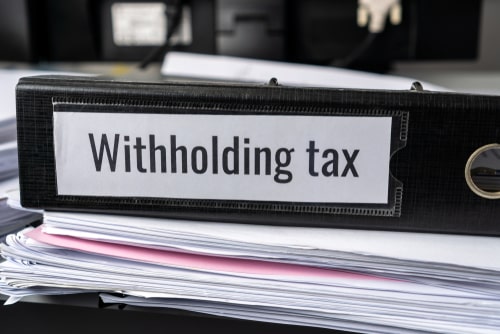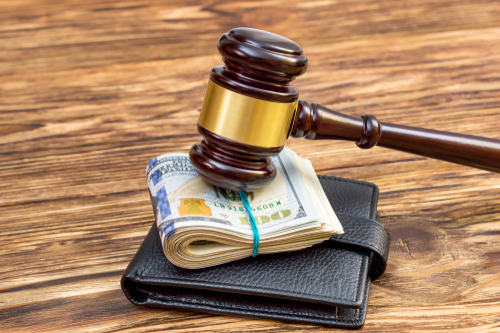
Generally, before the IRS can levy a taxpayer's assets, it must notify the taxpayer of their right to a Collection Due Process (CDP) hearing. The IRS Independent Office of Appeals conducts the hearing and allows taxpayers to propose alternatives to…
Read More



